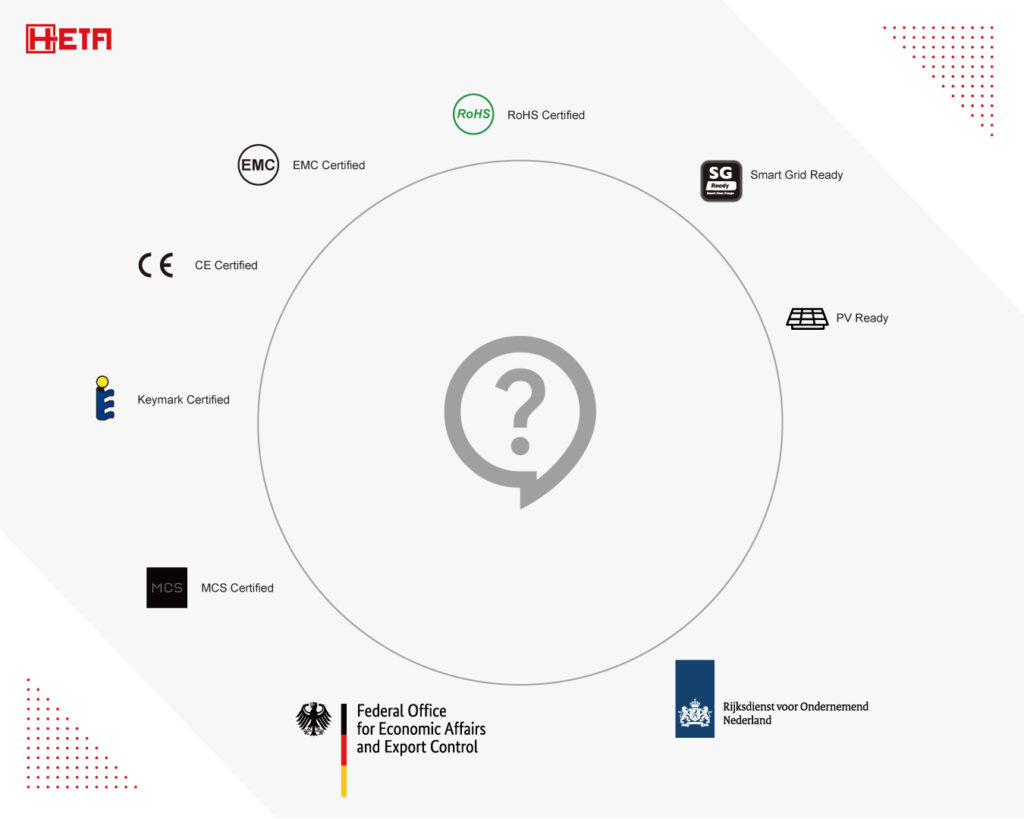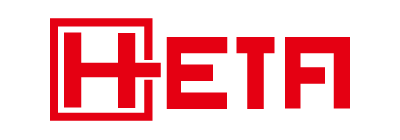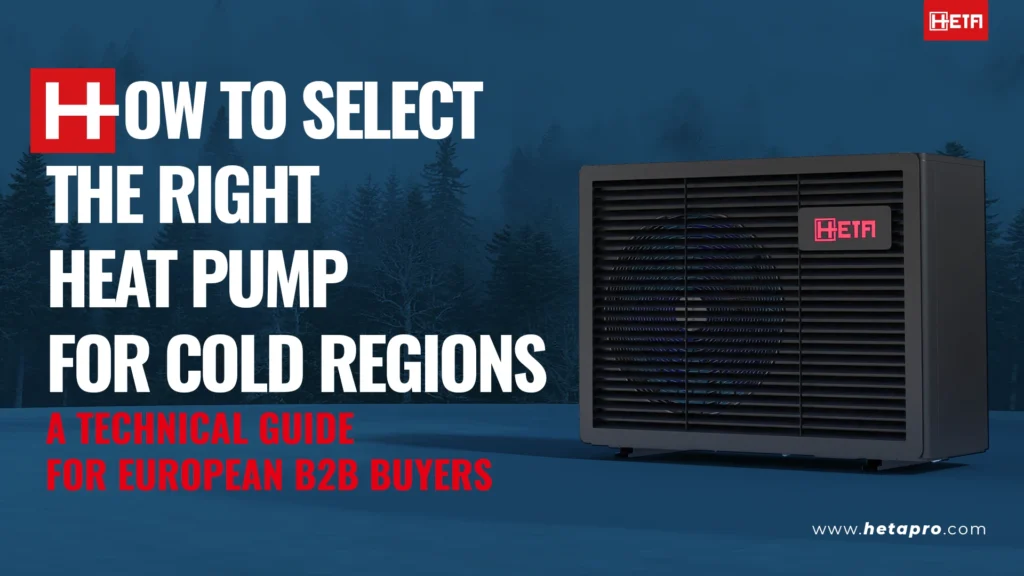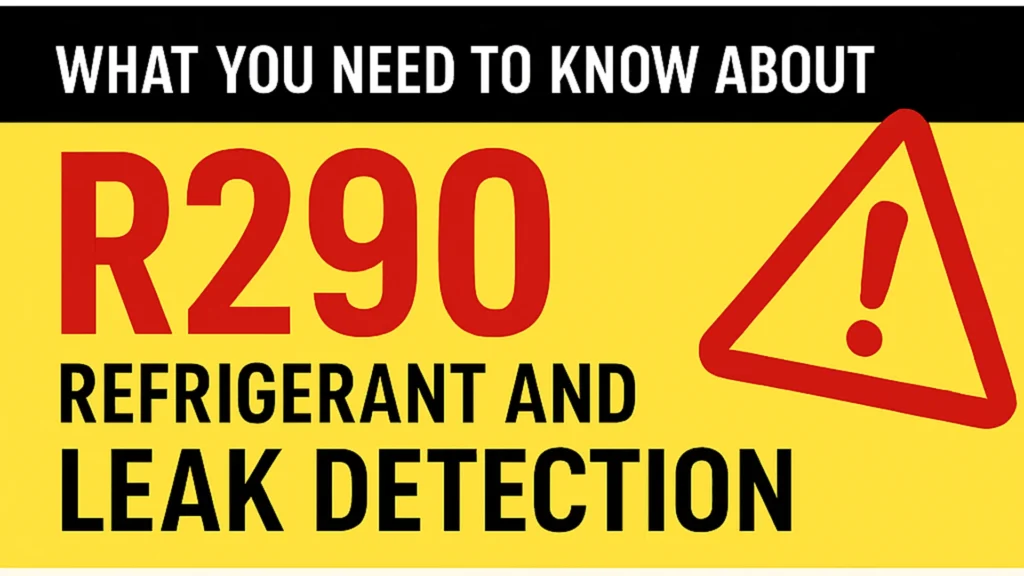
Table of Contents
Introduction
The world of heat pump certifications and subsidy policies can feel overwhelming. With acronyms like Erp A+++, CE, and MCS being thrown around, it’s no wonder many people are left scratching their heads. Why are these certifications important? What do they mean for manufacturers, installers, and end-users? And how can businesses and consumers alike benefit from the subsidies available in certain countries?
In this guide, we’ll break down the most crucial heat pump certifications and subsidy policies, helping you understand their purpose, benefits, and how to navigate them. Let’s dive in and demystify these terms together!
1. Erp A+++ (Energy-Related Product Directive)
What it means: The Energy-Related Product (ErP) Directive ensures products meet high energy efficiency and environmental performance standards. A+++ is the highest rating, indicating top-tier energy efficiency.
Benefits:
- Lower energy costs for consumers.
- Reduced carbon footprint.
- Increased market competitiveness for manufacturers.
How to get Erp A+++ certification: Manufacturers must test their products for energy performance and provide detailed documentation to relevant authorities.
Requirements for compliance:
- Use of energy-efficient components.
- Adherence to strict design and performance standards.
2. CE Certification (Conformité Européenne)
What it means: The CE mark certifies that a product meets EU health, safety, and environmental protection standards.
Benefits:
- Legal access to European markets.
- Increased consumer trust.
Steps to achieve CE marking:
- Conduct product testing against EU standards.
- Prepare a technical file.
- Issue a declaration of conformity.
Key compliance standards:
- Safety, electromagnetic compatibility, and environmental performance requirements.
3. EMC (Electromagnetic Compatibility)
What it means: EMC certification ensures that electronic devices function properly without causing or experiencing electromagnetic interference.
Importance:
- Ensures reliability and safety.
- Prevents disruption to other devices.
How to obtain EMC compliance:
- Perform specific EMC testing.
- Submit documentation to regulatory bodies.
Testing requirements:
- Emission and immunity tests.
4. Keymark Certification
What it means: The Keymark certifies product quality and compliance with European standards for heat pumps.
Benefits:
- Enhanced credibility.
- Market access and customer trust.
How to apply for Keymark:
- Submit the product for third-party testing.
- Provide detailed technical documentation.
Requirements:
- High energy efficiency.
- Reliable performance in various conditions.
5. MCS (Microgeneration Certification Scheme)
What it means: MCS certifies small-scale renewable energy systems in the UK.
Why it matters:
- Essential for accessing government subsidies.
- Ensures quality and reliability.
Steps to get MCS certified:
- Product testing and certification by an accredited body.
- Submission of supporting documents.
Requirements for manufacturers:
- Compliance with design and installation standards.
- Use of approved materials.
6. RoHS (Restriction of Hazardous Substances)
What it means: RoHS limits the use of specific hazardous materials in electrical and electronic products.
Role in eco-friendly manufacturing:
- Reduces environmental pollution.
- Promotes the use of safer alternatives.
How to ensure compliance:
- Conduct materials testing.
- Maintain detailed records.
Materials restricted under RoHS:
- Lead, mercury, cadmium, and certain flame retardants.
7. SG-Ready (Smart Grid Ready)
What it means: SG-Ready indicates that a heat pump is compatible with smart grid systems, enhancing energy efficiency.
How it contributes to energy efficiency:
- Enables integration with renewable energy sources.
- Supports demand-side management.
Process of becoming SG-Ready certified:
- Meet technical requirements for smart grid communication.
- Undergo compatibility testing.
Integration requirements:
- Smart control systems.
- Support for grid-demand signals.
8. PV-Ready (Photovoltaic Ready)
What it means: PV-Ready certification ensures heat pumps can efficiently integrate with solar panels.
Advantages:
- Maximizes renewable energy use.
- Reduces dependency on conventional energy sources.
Certification process:
- Testing for photovoltaic system compatibility.
Technical requirements:
- Inverter compatibility.
- Efficient energy storage options.
9. German BAFA Subsidy (Federal Office for Economic Affairs and Export Control – Zuschuss für Wärmepumpen)
What it means: BAFA provides financial support to promote energy-efficient technologies in Germany.
Benefits:
- Significant cost savings for consumers.
- Encourages the adoption of renewable energy solutions.
How to apply:
- Submit an online application with supporting documents.
- Ensure the heat pump meets BAFA’s energy efficiency standards.
Eligibility criteria:
- Use of certified energy-efficient systems.
- Installation by qualified professionals.
10. Netherlands ISDE Subsidy (Investment Subsidy for Sustainable Energy – subsidie warmtepomp)
What it means: The ISDE program offers financial incentives for sustainable energy solutions in the Netherlands.
Advantages:
- Reduces upfront costs of installation.
- Promotes green energy adoption.
Application process:
- Online submission of required documents.
- Verification of product eligibility.
Requirements:
- Compliance with efficiency standards.
- Proper system installation and documentation.
To learn about the changes in the ISDE subsidy policy for heat pumps in the Netherlands in 2025, please read the following article:
Major Changes in the 2025 Netherlands Heat Pump Subsidy Scheme You Must Know
Why These Certifications and Subsidies Are Essential?
- Boost consumer confidence.
- Support global sustainability goals.
- Enhance competitiveness in the market.
Challenges in Navigating Certifications and Subsidies
- Complex and time-consuming application processes.
- Cost of testing and documentation.
- Keeping up with evolving standards.
How Manufacturers Like Hetapro Excel
Hetapro, a leading name in the industry, exemplifies innovation and excellence. Their products, like the Space Master and Heatix Series, set benchmarks by seamlessly integrating these certifications into cutting-edge designs. With a focus on quality, compliance, and sustainability, Hetapro makes navigating this complex landscape easier for its customers.
Future Trends in Heat Pump Certifications and Subsidies
- Introduction of AI-driven smart certifications.
- Stricter regulations for environmental impact.
- Focus on holistic energy solutions integrating multiple systems.
Tips for Consumers and Businesses
- For Consumers: Look for certifications when choosing products to ensure reliability and efficiency. Utilize subsidies to lower costs.
- For Businesses: Stay updated on policy changes, invest in quality assurance, and simplify documentation processes.
Regional Focus: Europe vs. Other Markets
- Europe leads in certification and subsidy frameworks, driving global trends.
- Other regions are catching up but face unique challenges in implementation.
FAQs(Frequently Asked Questions)
- What are the primary differences between Erp A+++ and MCS certifications?
Erp A+++ focuses on energy efficiency, while MCS ensures overall quality and performance for small-scale systems.
- Can a single product have multiple certifications like CE and SG-Ready?
Yes, many products meet multiple standards, enhancing their market appeal.
- How long does it take to obtain Keymark certification?
The process typically takes several months, depending on testing and documentation readiness.
- Are there specific subsidies for hybrid heat pumps?
Yes, hybrid systems may qualify for targeted subsidies in certain regions.
- How do smart technologies influence certification requirements?
They add layers of functionality, necessitating additional testing for interoperability.
- How often do certifications like CE or RoHS standards update?
Standards typically update every 3-5 years to keep pace with technological and environmental changes.
- Are subsidies like BAFA or ISDE guaranteed to all applicants?
No, they are subject to meeting eligibility criteria and budget availability.
- What are the penalties for non-compliance with certifications like CE or RoHS?
Non-compliance can result in fines, product recalls, or restrictions from selling in certain markets.
- Do subsidies apply to retrofit installations of heat pumps?
In many cases, subsidies do support retrofits, but this varies by region and program.
- Is it mandatory for heat pumps to have all these certifications?
Not all certifications are mandatory; requirements depend on the product type, target markets, and customer preferences.
Understanding certifications and subsidies is key to making informed decisions in the heat pump market. These frameworks not only promote efficiency and sustainability but also help consumers and businesses save money and contribute to a greener planet. Stay updated, stay compliant, and make the most of these opportunities!
Call to Action
Ready to take the next step? Subscribe to our newsletter for the latest updates on certifications, subsidies, and innovative solutions in the heat pump industry.




